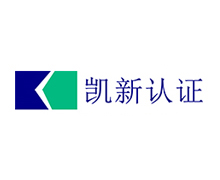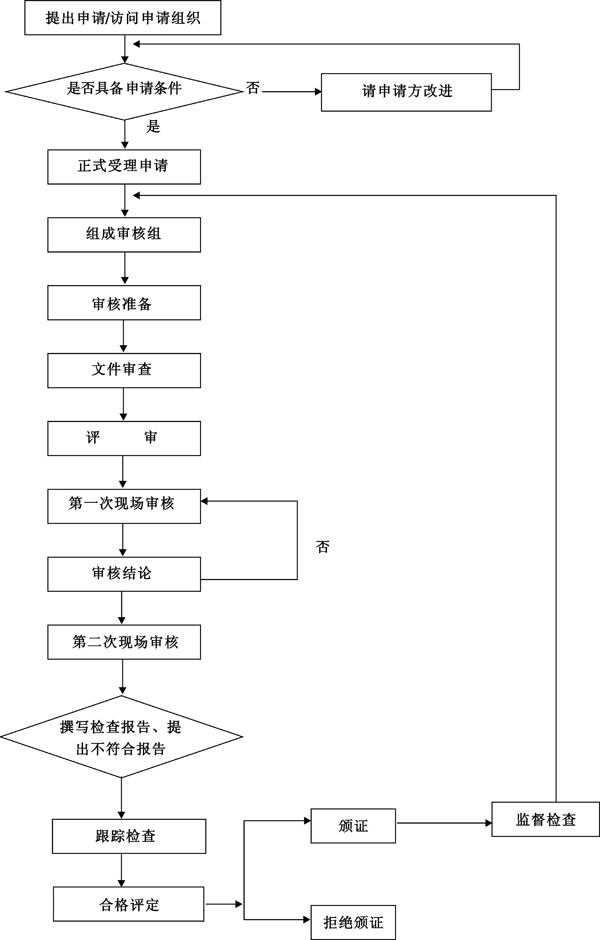

If you have any questions about KCB and our media relations activities, please dial 4006161189.
General manager:
8610-65512190
Helen@kcb-china.com
Manager representative:
8610-65533099
hnn@kcb-china.com
Vice General Manager:
8610-65528538
Jenny-Jiang@kcb-china.com
ISO22000 cultural background
Food enterprises have increasingly recognized that they need to provide adequate evidence and basis to demonstrate their competence in identifying and controlling food safety hazards and many aspects that may affect food safety.
One of the popular recognized principles of ISO22000 is hazards analysis and critical control point principle(HACCP) used for food safety management system(FSMS). The principle, implementation and relevant procedures of HACCP are developed by international food code committee, adopted by many standards related to food safety all over the world.
The customers and/or supervising institutes of some companies require them to conform to and obtain national standards certification. That the customers have to conform to multiple standards in different countries will be a problem that the organizations must face and solve. Therefore, the international accredited ISO22000 FSMS has provided a better resolution. The organizations will avoid the troubles of conformance to different standards in many countries, adopting this international standard instead of multiple standards.
ISO22000 FSMS requires to identify and assess all the potential hazards and risks, in order to determine the CCPs to be controlled within the organizations and food chains.
Benefits of implementing ISO22000
Conforming to HACCP principles
Coordinating voluntary international standard
Providing auditable standards, used for internal audits, self-assessment or third-party certification.
Combined with ISO9001 and ISO14001
Popularizing HACCP ideas all over the world
Using core technical resources of HACCP in critical parts in the processes
Reducing frequencies of audits to customers
Promoting competition power and market image and promoting company image.
Professional Classification |
Classification Name of Business Scope |
|
|
A1 |
Poultry farming (including laying fowl farming and egg production) |
|
|
B1 |
Fruit and vegetable growing |
|
|
C1-1* |
Slaughtering of livestock and poultry and processing of meat products |
|
|
C1-2* |
Processing of eggs and egg products |
|
|
C1-4* |
Processing of aquatic products |
|
|
C1-5 |
Processing of bee products (excluding propolis) |
|
|
C2-1* |
Processing of fruit and vegetable products |
|
|
C2-2* |
Manufacture of bean products |
|
|
C2-4* |
Processing of perishable nuts |
|
|
C3 |
Processing of perishable animal products and plant products (mixed products) |
|
|
C4-1* |
Grain processing |
|
|
C4-2* |
Nut processing |
|
|
C4-3* |
Can processing |
|
|
C4-4 |
Manufacture of drinking water |
|
|
C4-4* |
Manufacture of beverage |
|
|
C4-5* |
Manufacture of alcohol |
|
|
C4-5 |
Manufacture of wine (rice wine, beer, wine, fruit wine, spirit) |
|
|
C4-6* |
Manufacture of baked foods |
|
|
C4-7* |
Manufacture of confectionery |
|
|
C4-8* |
Manufacture of edible oil and fat |
|
|
C4-9* |
Processing of instant food (including snack food) |
|
|
C4-10* |
Manufacture of sugar |
|
|
C4-12* |
Manufacture of tea |
|
|
C4-13* |
Manufacture of condiments and fermented products |
|
|
C4-14* |
Manufacture of nourishment and health care products |
|
|
D1 |
Feed production * |
|
|
D2 |
Pet feed production |
|
|
E* |
Catering industry |
|
|
FI |
Retail / wholesale |
|
|
GI |
Provision of transport and storage of perishable food and feed |
|
|
GII |
Provision of steady transport and storage of food and feed at ambient temperature |
|
|
I |
Production of food packaging and packaging materials |
|
|
J |
Manufacture of equipment |
|
|
K |
Manufacture of additives (including feed additives) |
|
|
Manufacture of vitamins and nutrients |
||
|
Manufacture of cleaning agents and disinfectants | ||

认证服务合同补充协议
11远程审核申请书
10产品符合卫生安全要求的自我声明
1管理体系认证/再认证申请书
1.1管理体系认证再认证申请书附件1
1.2申请书附件2
2产品服务接受准则清单
3多场所清单
4临时场所清单
5竣工工程项目清单
6产品符合卫生安全要求的自我声明
7认证申请组织食品添加剂使用清单
8扩大管理体系范围申请表
9认证证书变更申请书
10转换备案申请表(转机构适用)
2认证服务合同书(管理体系)
合同附件--确认的审核时间
技术支持:北京网站建设  原创先锋
原创先锋